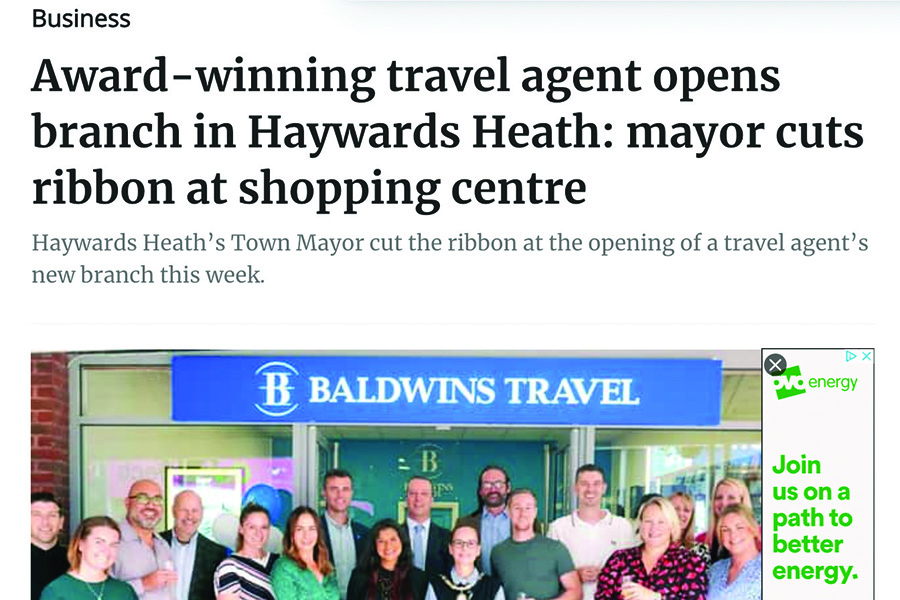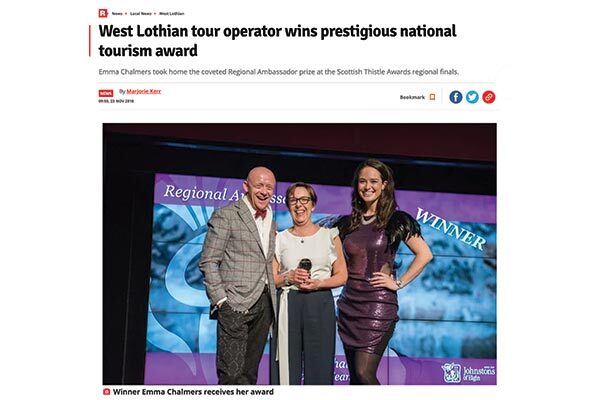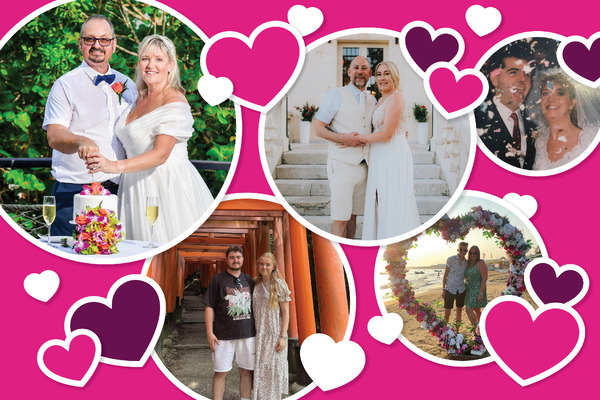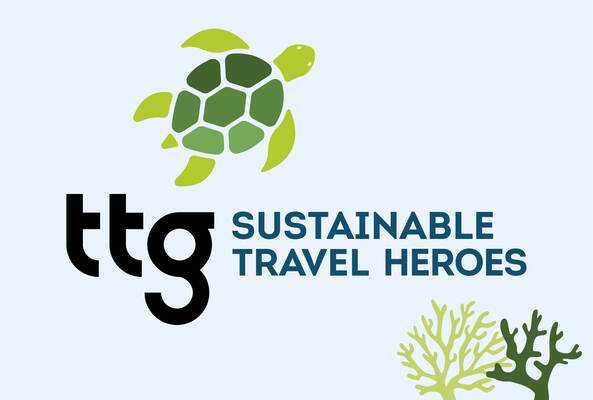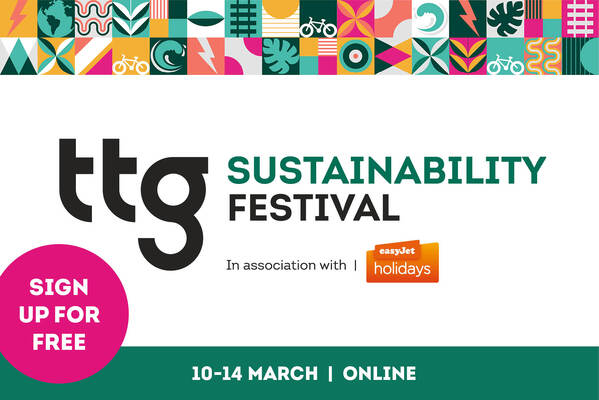Tips for securing local media coverage for your business
TTG shared a few journalism trade secrets, when we hosted a PR workshop for members of The Travel Network Group Network recently. We talked about what we know best – how to get your business into local newspapers and news feeds – and here’s the advice we gave...

Local news media can be among the easiest media to work with. That was the message from James Chapple, TTG’s news editor, who spent six years working for a local newspaper group covering the counties of Surrey, Hampshire and Berkshire, as well as West London.
He told the TTNG members who gathered in TTG’s Southwark offices for the workshop that local news is a relatively simple pathway to good, free publicity: “I would encourage everyone to take advantage of this,” he said.
However, Chapple warned nowadays local newsrooms have incredibly small teams, with hefty workloads, covering huge areas, so they are likely to be time-poor and working to tight deadlines. “Therefore, you have to break down as many barriers to coverage as possible,” he advised.
As a starting point, research your local media – work out which are the paid-for titles, the free titles, the online blogs and other local news services. According to Chapple, scouring Instagram, Facebook and Twitter can be incredibly fruitful ways to approach this. Critically, find out when their deadlines are to ensure you get things over to them in good time, as they won’t publish “old” news.
It can be a much harder task to secure coverage in a paid-for weekly title, whereas in a free local newspaper it’s not uncommon to see a well-written press release being used almost word for word.
Chapple also warned that cutbacks in funding for local and regional news often meant specialists with in-depth knowledge were a dying breed, and you are more likely to encounter junior reporters with less experience, so it’s wise not to assume specialist knowledge on the part of the journalist when pitching a story.
ANGLES THAT WORK
The TTG team highlighted examples where travel agents had secured local press coverage.
SHOUT ABOUT YOUR NEW OR REVAMPED STORE
“Anything that shows investment in the high street and highlights the importance of independent businesses to small towns and villages, local news will more than likely jump on,” explained Chapple.
YOU’RE HIRING!
“On a similar note, employment stories are good news, although it really needs to be about more than just one person. They prove the strength of an area’s employment market, particularly when opportunities are made available for young people through apprenticeships and the like. Explain to the media why you are actively recruiting – why certain trends in the market have allowed you to expand,” he said.
GLITTERING GONGS
“Award wins can be slightly trickier. For the free titles, awards are superb, but the paid-for titles are unlikely to take awards stories – unless it’s a very prestigious ceremony.”
However, Chapple stressed you need to be very timely with these submissions, sending them to the media the day after, accompanied by a strong, good-quality celebratory picture.
BE AN EXPERT COMMENTATOR
“It pays to get on top of the bigger travel stories/issues, and have a stance on them,” Chapple advised. “Travel is always a big story, and disruption will usually make the local and national news. You can play a part in that narrative to offer reassurance. For example, when there are air traffic control issues, give your take on it and assure that it’s a rare occurrence. Hays Travel did this with the Rhodes wildfires – it wasn’t a Hays story but they made themselves a part of it with their expert commentary.”
PRESS RELEASES
TTG’s editorial director Pippa Jacks explained that it’s important to get press releases right, because they legitimise the story, they make you look professional and help you to stand apart from the crowd.
“Write with clarity, and add some nice colour, so they are not bone dry,” she said.
Any claims you make, using facts and figures, need to be backed up, to avoid a journalist having to clarify the details. Jacks advised that simply writing “our sales to [destination] have increased by 400%” was too vague and needed more contextualisation.
“Keep an eye on local media, you’ll see patterns and trends emerge,” she said.
Chapple added it was crucial when it comes to dealing with local news to be location-specific, as local newsrooms have clear boundaries between coverage areas, which means there is strong competition between titles. “It needs to be abundantly obvious you are located within the journalist’s patch,” he said.
Also, do include a quote that can be attributed to you or a colleague and supply your contact details. Editor’s notes are also helpful for background information.
“We’ve seen press releases we’ve sent to our TTG Top 50 winners for their local media being copied and pasted as a news story. When you do it well, you control the narrative,” added Jacks.
PHOTOGRAPHS
Finally, Chapple and Jacks emphasised that sending a good image with your press release increases your chance of getting coverage more than anything else you could do.
“As my college tutor used to say, ‘names and faces make news’,” said Chapple. “And it’s still true today – the image makes all the difference – it has to have people, front and centre, and be a well-lit, good-quality, smiley picture.”
He stressed that you don’t need fancy gear – a smartphone will produce an image that is decent-enough quality for both print and online. It’s a good idea to send a picture in both landscape and portrait formats, and he also advised using a hosting service to send the pictures, like WeTransfer or Dropbox, to avoid clogging up their inbox with large attachments.
“Anything you can do to avoid the journalist having to ask follow-up questions or request an image, will save you and them time,” he said.
Resources:
business-live.co.uk (business-focused news website with regional websites)
newsmediauk.org/local-media-works (an online resource to search for local newsbrands)
Travel Network Group training: thetravelnetworkgroup.co.uk/community

